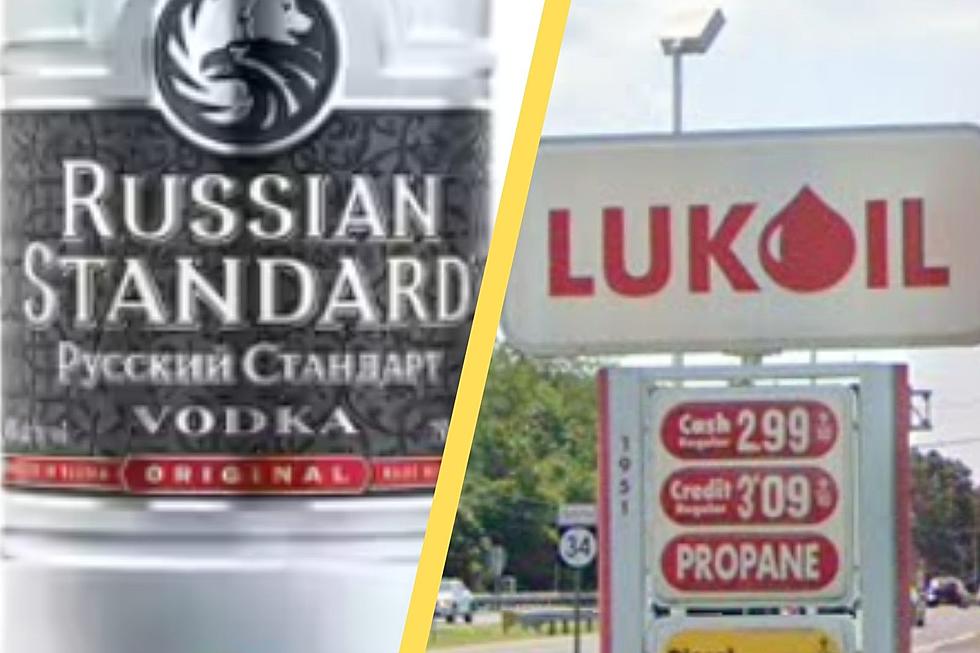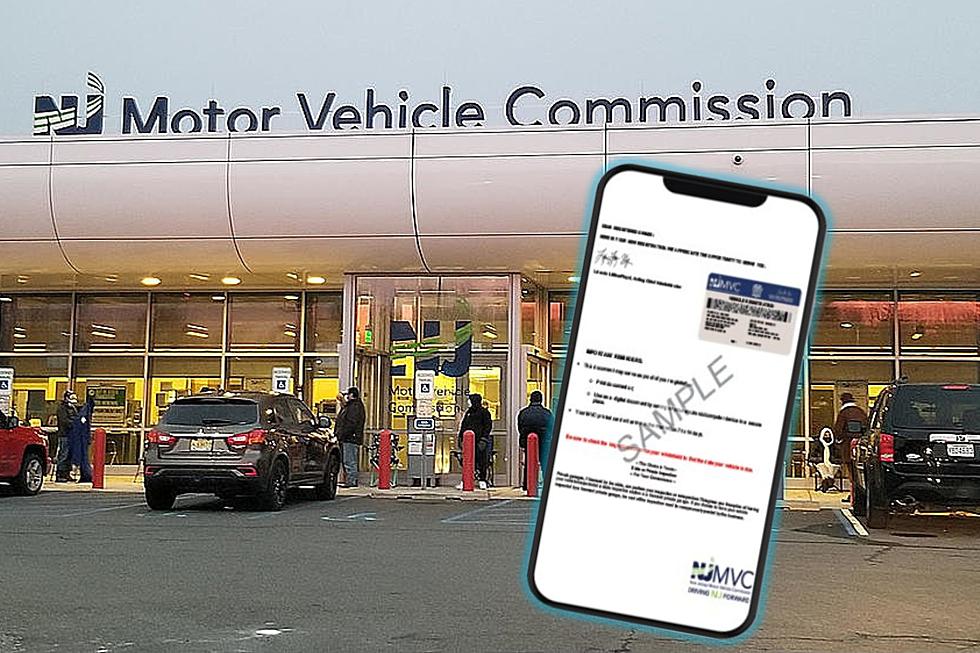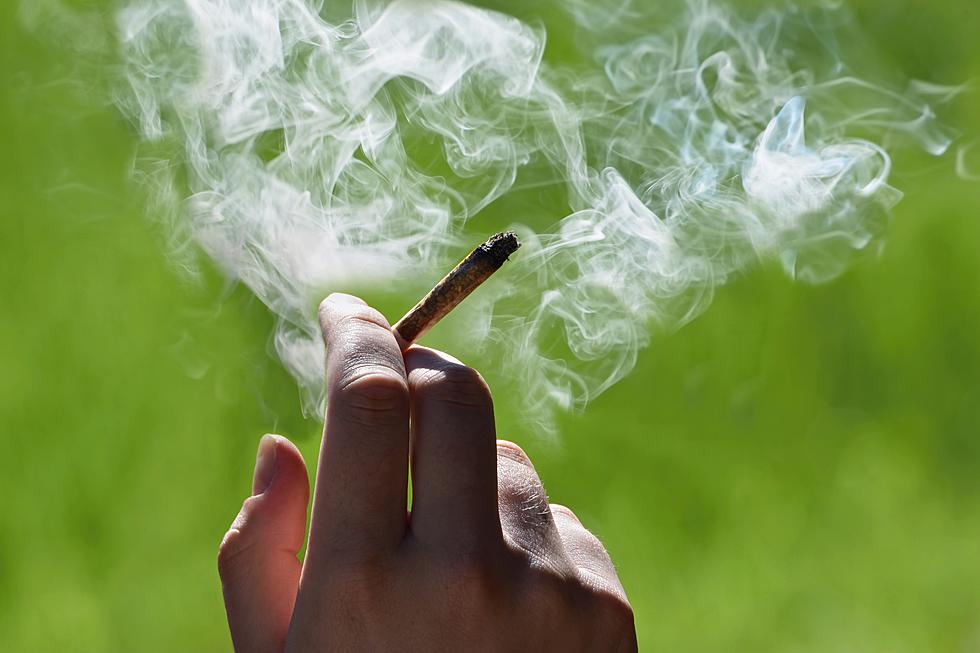
People in NJ are boycotting vodka, gasoline to strike back at Ukraine invasion
The impact of ongoing Russian military aggression in Ukraine has struck close to home for many in New Jersey — as historical waves of immigrants from both nations put down new roots in the Garden State.
Outraged global citizens have been donating to relief organizations helping refugees.
Many are also looking to show their disgust, in part symbolically, by avoiding Russian-sourced items.
Topping that list are vodka and some petroleum products, including gasoline.
Among New Jersey businesses ditching Russian vodka and other spirits as the invasion continues is Bayway World of Liquor in Elizabeth.
“We all must do whatever we can to support President Volodymyr Zelenskyy and the Ukrainian people,” Bayway’s owner, Fred Leighton said, as quoted on Facebook by former Democratic state Sen. Raymond Lesniak.
Leighton confirmed to New Jersey 101.5 that the business has taken Russian brands off of its shelves.
Another liquor store following suit is Bootleggers Liquor Outlet in Northfield, which said on its Facebook page: "We still have plenty of other choices- From American-made Titos, to Swedish Absolut. We will continue to monitor the outcome of this conflict, and update you as to our policy changes."
A bar in North Wildwood, The Surfing Pig, made a similar stance while also stressing support for “Russian friends and immigrants who stand on the side of Ukrainian freedom.”
“Here at the Surfing Pig we value freedom. The Russian government’s efforts to take Freedom away from Ukrainian people is deplorable. We support Ukraine in their fight against oppression. We will no longer carry Russian products,” an update on the bar’s Facebook page said.
Russian Standard, Beluga, Zyr and Taiga Shtof are among authentic Russian brand vodkas as of 2022, according to Drizly and other retailer sites.
In Somerset County, Tiger’s Tale in Montgomery similarly announced it was discontinuing Russian-made spirits, using the hashtag “PutinItAway.”
LB Steakhouse in Egg Harbor Township made a similar announcement on its Facebook page, “Lb One will be removing all Russian vodka. We still have many great vodka choices. Pray for Ukraine.”
The Pennsylvania Liquor Control Board also announced it was removing Russian-made products from shelves of its state-run liquor stores, as a show of solidarity and support for Ukraine.
Russian-made Special Order products were also no longer available.
“Although some producers give their vodkas Russian-themed monikers and marketing because many consumers often associate vodka with Russia, few products carried by Fine Wine & Good Spirits are actually sourced from Russia. In fact, only two products stocked in stores – Russian Standard and Ustianochka 80-proof vodkas – and about a half-dozen Special Order brands come from Russia,” PA state officials said.
Only 1.2% of U.S. vodka imports come from Russia, USA Today reported, citing data from last year by the Distilled Spirits Council of the U.S.
Amid social media buzz, there remained conflicting information as to whether one well-known brand in particular, Stolichnaya or “Stoli,” had any remaining Russian ties.
One of the last times a boycott of Russian spirits gained traction was 2013, in response to Russia's anti-LGBTQ laws.
At that time, CBS News reported despite being “an historic Russian brand and some of its ingredients come from Russia, virtually all of the Stoli sold in the west is made in Latvia, a former Soviet republic that is now part of NATO and the European Union.”
Stoli Group is among the holdings of billionaire Yuri Shefler, a Russian native ultimately forced to leave that country over disagreement of his purchase of the distillery. The company is largely based in Latvia, according to multiple reports.
Last year, Shefler fired an executive based in Britain, as reported by The Daily Mail, who had questioned the duration of a drastic 30% pay cut during the height of the pandemic, for roughly 2,000 workers.
Boycotting Putin at the gas pumps
Lukoil is a large Moscow-based oil company, whose largest shareholder is its CEO Vagit Alekperov.
He reportedly owns a 20.6% stake in the company, according to Marketrealist.
There are a number of Lukoil gas stations around New Jersey.
Meanwhile, two other gas giants have announced plans to divest Russian investments.
On Monday, London-based Shell said it would walk away from a more than 27% stake in a liquefied natural gas facility based in Russia, as well as 50% stakes in a group of oil fields in West Siberia and a separate energy venture, respectively, as reported by Forbes.
On Sunday, BP announced a similar abandonment of Russian ventures.
“Russia’s attack on Ukraine is an act of aggression which is having tragic consequences across the region. BP has operated in Russia for over 30 years, working with brilliant Russian colleagues. However, this military action represents a fundamental change,” BP chair Helge Lund said.
NJ state 'sanctions' against Russian business
The Senate Budget Committee on Monday approved a bill introduced by Senator Paul Sarlo (D-Bergen) that would cut off public investments and other state-level financial agreements with Russia — and any business or individual with Russian interests.
“We need to target Russia’s economic pressure points to make them pay a price for launching a war of aggression against a free people and the democratically-elected government of Ukraine,” Sarlo, the committee’s chair, said in a written statement.
“The Russian playbook is to shift investments around to try to hide them from accountability. New Jersey and other states can help cut off these financial maneuvers with restrictions that will reinforce international sanctions. Other states should join with us in a unified stance in support of the Ukrainian people,” he continued.
The legislation, which received early bipartisan support from Senator Declan O’Scanlon, would prohibit the state and local government in New Jersey from doing business with the Russian government or any business or financial institution with Russian interests.
2022 Seaside Heights Polar Bear Plunge photos
The Ultimate Guide to New Jersey Brewpubs
New Jersey's new legislative districts for the 2020s
NJ Diners that are open 24/7
2021 NJ property taxes: See how your town compares
More From 105.7 The Hawk










